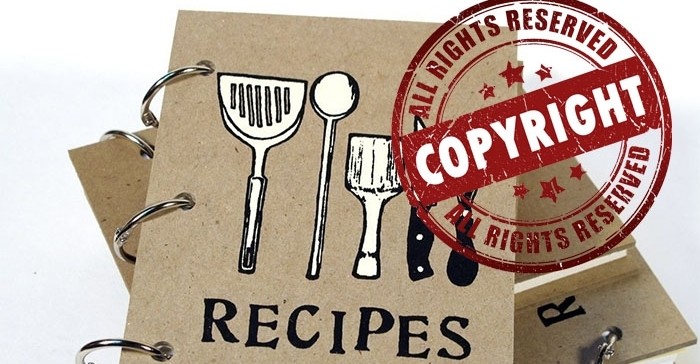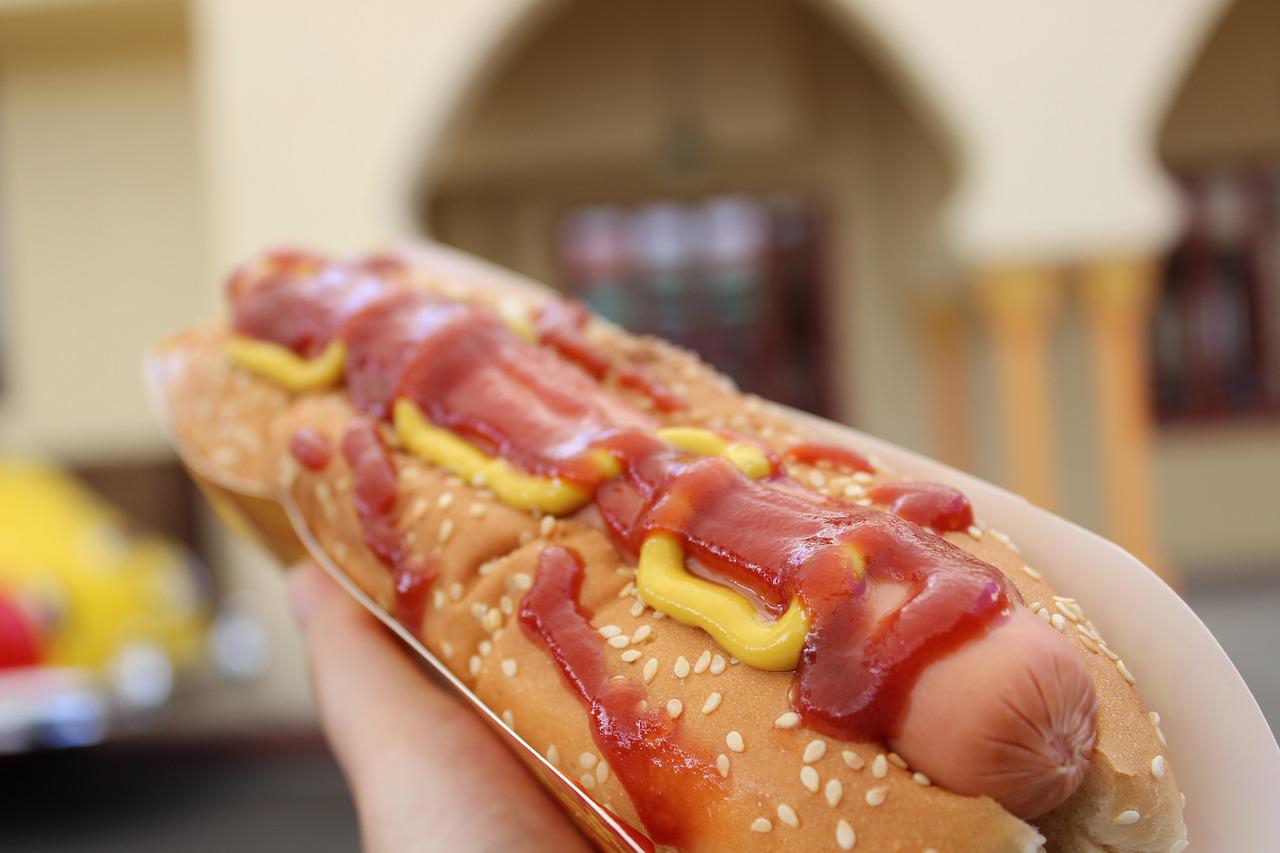The topic of copyrighting recipes is common in the mobile food industry. It’s a topic I am often asked about, and due to not being attorney myself, I have always recommended speaking with an attorney.
Well, I’ve done some research on copyrighting recipes and feel, I am safe to discuss this issue in a limited basis, but provide just enough information to help food truck owners.
Copyrighting Recipes: The Facts
According to the government’s own copyright website:
Copyright law does not protect recipes that are mere listings of ingredients. Nor does it protect other mere listings of ingredients such as those found in formulas, compounds, or prescriptions. Copyright protection may, however, extend to substantial literary expression—a description, explanation, or illustration, for example—that accompanies a recipe or formula or to a combination of recipes, as in a cookbook.
Only original works of authorship are protected by copyright. “Original” means that an author produced a work by his or her own intellectual effort instead of copying it from an existing work.
So the simple answer to this question is, no! Copyrighting recipes can only be done by publishing a cookbook (hint hint). But even if you do publish a cookbook, you aren’t completely protected either.
RELATED: Take That Binder Full OF Recipes And Create A Cookbook
Copyrighting Recipes : Ohio Restaurant Not Protected
A federal court ruled that an Ohio restaurant owner’s recipes were not protected under copyright laws. The court issued its ruling on a motion for summary judgment. The plaintiff has since filed her notice of appeal.
Rosemarie Carroll, plaintiff and owner of Cleveland restaurant, Tomaydo-Tomahhdo, sued her former business partner, Larry Moore, for alleged copyright infringement of her recipe book. When the pair was working together, Moore developed, or was the inspiration behind the recipes. Carroll eventually bought-out Moore’s interest, and Moore went on to open another restaurant and catering business without Carroll.
Carroll then filed this lawsuit claiming copyright infringement under 17 U.S.C. § 501 against Moore and his co-Defendants for allegedly using the same recipes and creating the same dishes as those featured in the “Tomaydo Tomahhdo Recipe Book.” Carroll claimed that defendants’ food offerings were derivative works from her Recipe Book, which violated her compilation copyright.
The federal court quickly dismissed plaintiffs’ arguments. They stated that copyright protection does not extend to recipes because they are statements of fact which offer no expressive elements warranting protection. The federal law itself states that recipes are “functional directions for achieving a result,” and therefore, will not be afforded any creative protection.
The court noted that recipe books may be copyrighted as compilations to the extent of the book’s “order and manner of the presentation of the compilation’s elements,” or, the manner in which the compiler selected and arranged the facts. However, the facts of the recipes will have no such protection.
As such, the court found that defendants did not infringe on plaintiffs’ recipes themselves. Because plaintiffs did not allege defendants infringed on her compilation copyright, defendants were not liable.
RELATED: Food Truck Legalities
The Bottom Line
There you have it. And now for my un-paid non-professional legal advice. If you do not wish to have your recipes stolen, don’t share them with anyone. Further questions should always be directed to legal council. Make sure you understand the laws that are centered around your food truck business.
Are you an attorney involved in copyrighting recipes cases? We’d love to hear from you if you’d be will to share your legal advise to our readers. Share your thoughts on this topic in the comment section, our food truck forum or social media. Twitter | Facebook
Disclaimer: This article is intended to be a general resource only and is not intended to be nor does it constitute legal advice.




